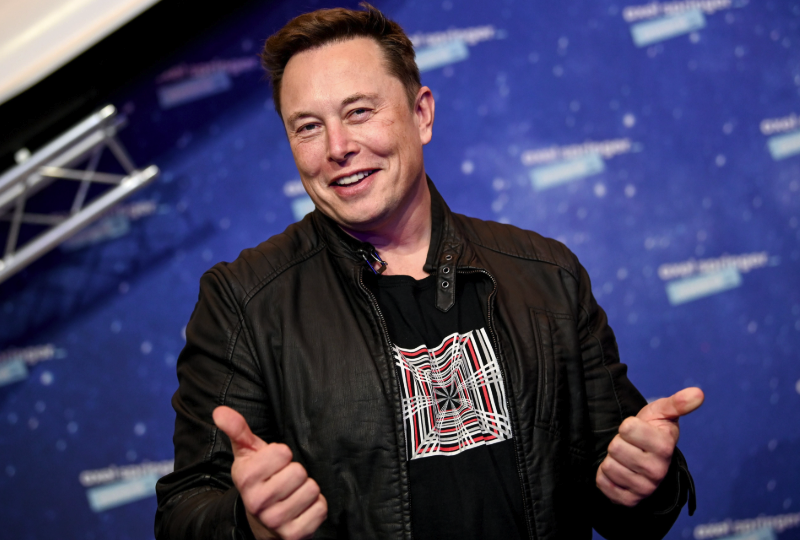As the 2024 election draws closer and closer, it seems that this election, unlike the election of 2020 or even those in years past, has a unique central driving focus: America’s youth. Why? Perhaps on account that a large portion of Gen Z will be eligible to vote in this election, or, perhaps, due to the polarizing political climate that we live in, teenagers to young adults throughout the country engage differently in political activism. That may be meticulously tracking the news and recent polling of candidates, researching and advocating for integral topics near and dear to their hearts– global warming, warring conflicts in other countries, gun violence, protecting women’s reproductive rights, and more–or perhaps it is even pledging their commitment to democracy by vowing to vote in the upcoming election. In fact, according to research conducted by the Center for Information & Research on Civic Learning and Engagement (CIRCLE) at Tufts University, almost 75 percent of American youth, aged 18 to 34, declare that they are likely to cast a ballot this fall season. Yet, if this is the case, why aren’t political parties, both Democratic and Republican, engaging the willing and invested youth?
Many critics claim that Biden’s ticket to the White House was largely paid for by young voters in the election of 2020, and while Biden receives credit for fulfilling a few promises from the 2020 campaign trail, including the Inflation Reduction Act and recommitting to the Paris Climate Agreement, young voters are still disillusioned by his lack of action concerning immigration reforms, the Black Lives Matter movement, inability to codify Roe v. Wade, and most recently, the ongoing war in the Gaza Strip.
“It’s so complicated, because it almost feels like if I were to give my vote for Biden, I will be showing the Democratic Party that what they are putting out is enough, which is the bare minimum in my opinion,” said 24-year-old Camarena when interviewed by ABC News on whether Biden has her vote this election.
Similarly, young McKenzie voted for the first time almost four years ago, and consequently encouraged his friends to do the same. This year, however, McKenzie affirmed to ABC that he will not be showing the same support. “I want to show the Democratic Party as a young person that you still need to earn our vote and if you don’t, the consequences will be your career,” he said. “A Republican getting elected isn’t the end. It is the beginning of a much larger fight.”
While these young adults are evidently disappointed with the efforts of the Democratic Party, it seems as if the Republican Party’s efforts to capture youth support is simultaneously just as strained.
Since witnessing the November midterms in 2022, Republicans are pushing for the party to engage young voters as their long-term struggle of attracting support from youth seems only to have grown bigger. While Gen Z, and even young millennials, have statistically cast more ballots favoring the Democratic Party, according to The Hill, it seems that the GOP’s lack of youth engagement has snowballed to the point that Republican political leaders are actively calling for a step up in outreach–whether that be through Gen-Z surrogates, social media, or speaking about topics that pique young people’s interest. Even GOP veteran strategist Keith Naughton affirmed his party’s struggle to address the concerns and ideas of young adults, stating that “when you ignore people’s bread-and-butter concerns and their more cultural concerns, you can’t expect to win their votes.”
Furthermore, the party’s lack of steady communication through a medium suited to young voters, such as various social media applications and especially TikTok, places yet another strain on young adults’ willingness to engage, according to another GOP veteran strategist, John Barbender.
Whether Democratic or Republican, both political parties are continuing to allow one of the most vital sources of support and engagement–America’s youth–to slip away. Whether due to a lack of support for policies from young Democratic voters, or the lack of investment and outreach from the GOP party to its youth, the decision is synonymous; in order to engage and truly earn the support of young voters, political leaders must follow through with their promises, communicate clearly and effectively through a medium young people understand, and assure and show that, above all else, young voices are not only heard but listened to.


